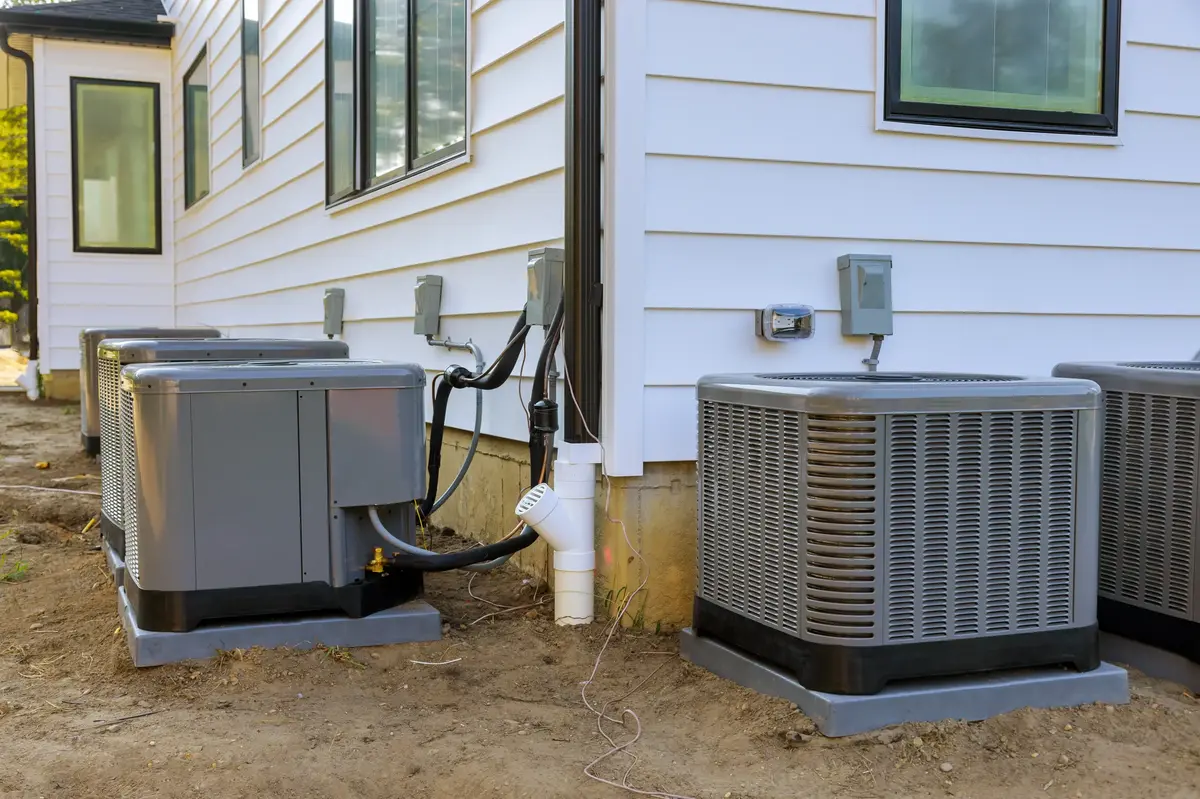Renovating your home is an exciting venture that can breathe new life into your space, enhancing both its function and aesthetic appeal. However, a successful renovation requires careful planning and preparation to ensure that everything runs smoothly. Without proper preparation, unexpected delays, budget overruns, and stress can arise, making the process far less enjoyable. To help you achieve a smooth and seamless transformation, here are key steps to prepare your home for a renovation.
1. Set Clear Goals and Budget
Before you begin any renovation, it’s essential to establish clear goals and a realistic budget. What exactly do you want to achieve with your renovation? Are you updating the kitchen, expanding the living room, or creating a more functional layout? Define your objectives early on to avoid scope creep or unclear expectations during the process.
Once your goals are set, determine how much you’re willing to spend. A well-planned budget will keep your renovation on track financially. Factor in unexpected costs (usually about 10-15% of the project’s total cost) and decide how you will manage any overspending. Be mindful of balancing quality and affordability, especially when it comes to materials and finishes.
2. Hire the Right Professionals
Hiring the right team of professionals is crucial for the success of your renovation. Depending on the scope of your project, you may need a contractor, interior designer, architect, or specialist tradespeople (plumbers, electricians, etc.). Choose experienced professionals who have a strong track record and good reviews. Don’t hesitate to ask for references or review past work to ensure you’re hiring the right fit for your project.
Make sure to sign clear contracts with defined expectations, timelines, and payment schedules. This will avoid potential misunderstandings and ensure everyone is on the same page throughout the process.
3. Obtain Permits and Approvals
For certain renovations, especially those involving structural changes, electrical or plumbing work, or expanding the home’s footprint, you’ll need to secure permits and approvals from local authorities. Failing to do so can result in fines, delays, or the need to undo completed work. Check with your local government or municipality to determine which permits are required for your specific renovation.
Your contractor or architect should be familiar with local regulations and can help you navigate this process. It’s essential to handle this step early in the planning phase to avoid delays once construction begins.
4. Create a Temporary Living Plan
Renovations, especially large-scale projects, can disrupt your daily life. If the work will affect your kitchen, bathrooms, or living areas, consider making temporary living arrangements. This could involve renting a short-term apartment, staying with family, or setting up a temporary kitchen and bathroom in another part of the home.
Having a plan in place will reduce stress during the renovation and allow you to focus on the changes happening around you. Even if the renovation is not that intrusive, preparing your home for some level of inconvenience can help you stay sane throughout the process.
5. Declutter and Clear the Area
Clearing out the space to be renovated is one of the most important steps in preparing for a smooth transformation. Remove furniture, artwork, and any fragile or valuable items from the rooms that will be affected by the renovation. This will not only protect your possessions from dust and damage but will also allow the contractors to work more efficiently.
For larger renovations, consider renting a storage unit to store your belongings temporarily. Decluttering will also allow you to donate, sell, or discard items that no longer serve you, which can be an excellent way to simplify and prepare for a fresh start.
6. Communicate with Your Neighbors
Renovations often cause noise, dust, and other disruptions that can affect your neighbors. It’s courteous to notify your neighbors ahead of time about the upcoming renovation, especially if the work will involve loud machinery, demolition,or construction. Let them know the expected timeline and reassure them that you’ll do your best to minimize disruptions.
If you live in a shared or multi-family building, you may need to follow additional rules regarding construction hours or noise levels. Having open communication will help maintain good relationships with your neighbors throughout the renovation.
7. Prepare for the Unexpected
No matter how well you plan, unexpected challenges can arise during a renovation. Whether it’s hidden mold, structural issues, or delivery delays, it’s essential to have a flexible mindset and be prepared to adapt. Setting aside a contingency fund for unforeseen expenses can help you manage these challenges without derailing the entire project.
It’s also helpful to stay in constant communication with your contractor or project manager to ensure that issues are addressed promptly and that you’re kept in the loop on any changes.
8. Ensure Safety Precautions
Safety should always be a top priority during any renovation project. It’s important to secure the worksite effectively, taking precautions to protect both workers and family members. This may include setting up temporary barriers, securing tools and equipment, and addressing hazardous materials like asbestos through proper removal and asbestos inspections, especially in areas like Salt Lake City, where older homes may be more prone to asbestos presence.
If children or pets are in the home, ensure they are kept far from the renovation zones to prevent accidents. Additionally, it’s wise to have a first-aid kit and fire extinguisher readily available for any emergencies that may arise during the process.
9. Establish a Realistic Timeline
Establishing a timeline for your renovation is essential, though it’s important to be realistic. While it’s tempting to want everything done as quickly as possible, construction projects often encounter delays due to factors like weather, material shortages, or unexpected issues. Work with your contractor to set a reasonable timeline, including buffer time for potential setbacks.
Keep in mind that major renovations can take weeks or months, so patience and flexibility are key.
In Conclusion
A home renovation is a transformative experience, but careful preparation is essential for a smooth process. By setting clear goals, hiring the right professionals, obtaining necessary permits, and taking steps to protect your belongings and living spaces, you can ensure that your home renovation is an enjoyable and successful journey. Prepare for the unexpected and stay flexible, and soon you’ll be enjoying the home of your dreams.










